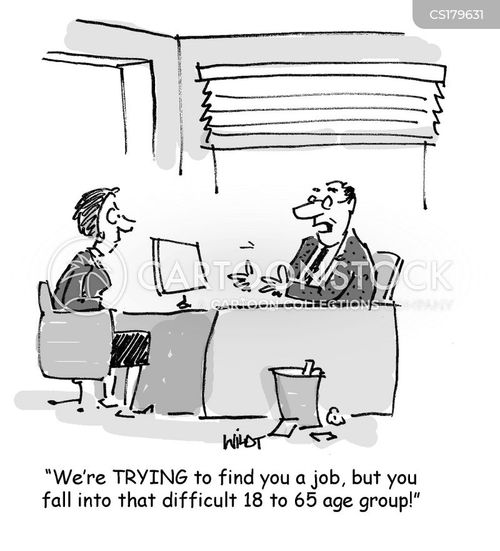
Some people naively think that the only reference checking that is done is with the references given by a candidate or a head hunter. Executives recruiting for talent will peruse your CV looking for places where you might have common acquaintances. They will also look for places that some of their friends and professional contacts might have insights. When these links are found which is most of the time for an experienced recruiter or hiring executive, you are about to become the victim of a blind reference.
A ‘blind reference’ is an investigation into your past by a hiring executive that you know nothing about.
I do not put a lot of faith in references provided by a candidate. I also disregard reference letters. No one is going to intentionally give a reference that is going to provide a bad report on a candidate. The same is true of letters. No one is going to write a letter that states the candidate is bad. On occasion, I will write a reference later for someone as a personal favor but I aways counsel them that reference letters in my opinion are a total waste of time. The only time I pay any attention to a reference letter is if I know the author.
Because of political correctness and the cold legal realities associated with references these days, the best you are going to get from formal references in most cases is that the candidate was hired on one date and departed on another date. The most you are likely to learn is that the candidate actually did work for the firm you are contacting for the stated period of time. They will rarely tell you anything more because references are subjective by nature in most cases. Subjective references that cause a candidate to be ruled out of a search can become a liability for the person that gave the reference. This is one of the reasons that blind reference checking has grown in my opinion.
If I get a call on a candidate being evaluated by another firm by someone I do not know, I refer the call to HR where I know what they are going to be told. Even if the reference call comes from a friend, I know the candidate and I know them to be bad, instead of giving a reference, I will refer my friend to HR where they will get the standard, canned response. The hiring manager always gets the message. If a friend encounters me refusing to give a reference, they understand the communication.
The more frequent call that I get is from a decision maker that is checking references that are not on the candidate’s list. These are the calls that are dangerous for candidates because they are blind to the candidate; hence a blind reference call. The candidate will never know in most cases they were vetted through a blind source. This is one of the many reasons why it is so important to keep up your networking and to not burn bridges unnecessarily. Of course the blind reference is not necessarily a bad thing. Under the right conditions, it can propel you to the front of the line. I received a blind reference call on a candidate I happened to be considering at the same time. I told the blind reference caller that my reference is simple, “If you do not hire her, I will.” I had worked with this candidate before and she is outstanding. She was going to end up with a gig regardless of how the reference checking worked out in this case.




